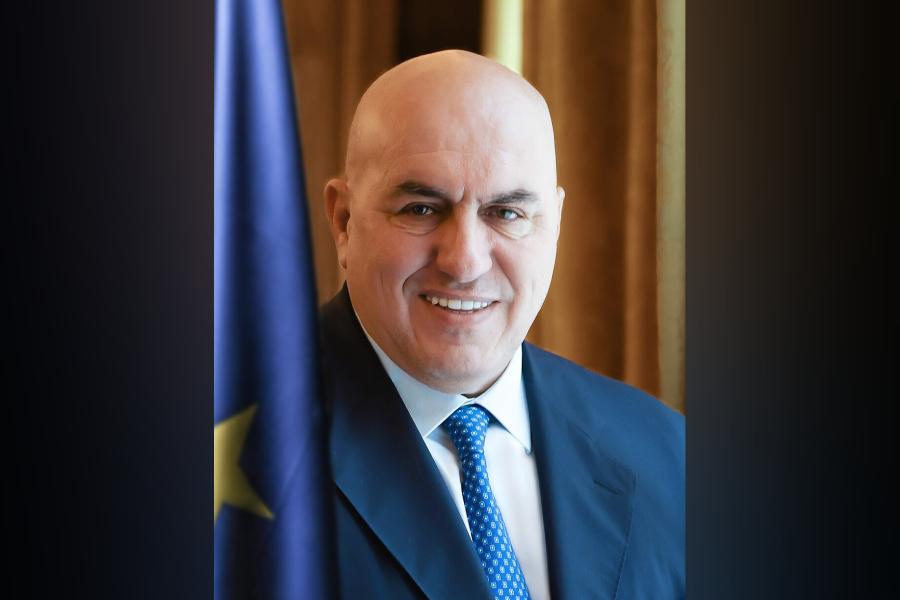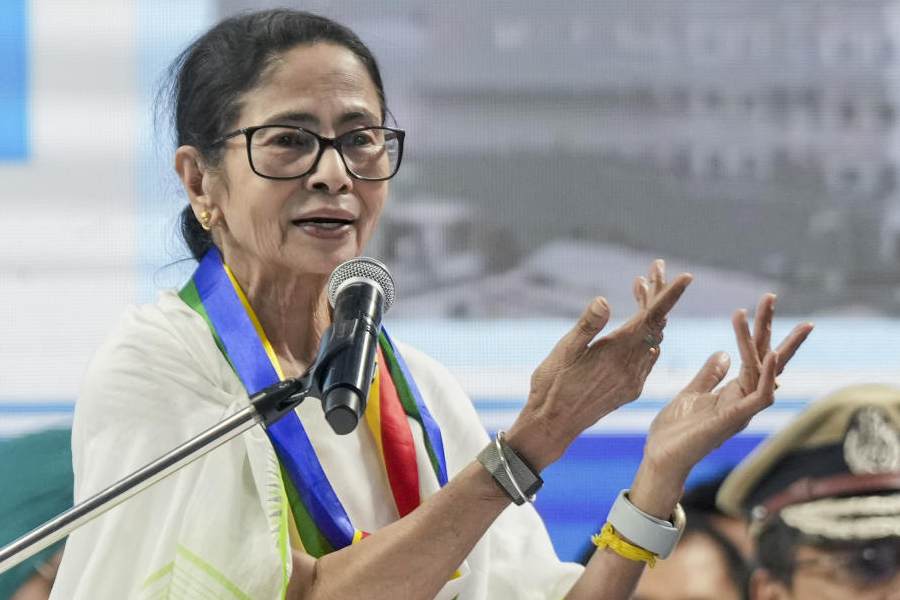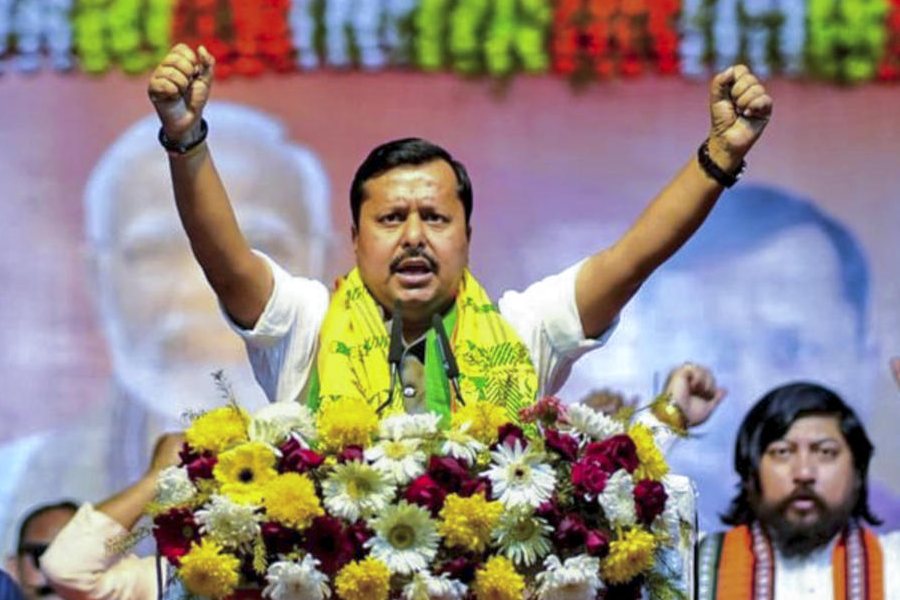 |
Hyderabad, Nov. 15: Pullela Gopichand is one of the rare true achievers in the history of Indian sport, even though this fact goes unnoticed most often. Winning something as big as the All England badminton competition doesn’t happen to the average Indian sportsman of any hue every now and then.
And yet, curtains are set to come down on the playing career of this immaculately polite shuttler. He will turn 30 on Sunday and is planning a life without the racket in the company of wife P.V.V. Lakshmi and daughter Gayatri who is all of seven months.
Sharing his thoughts with The Telegraph, Gopichand said he is satisfied with what he has achieved given the conditions of his sport in India and vowed to give something back to the game he loves. He conceded that the thought of retirement is “dreadful” as he never imagined there would be a time when he will not grace the badminton court. But then, circumstances can be compelling.
The following are excerpts
Q Are you satisfied with what you have achieved as a player, given your potential and pedigree?
A If you were to think of this when I started my career, I would take it. Given the conditions in India, I mean the coaching facilities, quality of sparring partners, support staff and exposure… I will confidently say I am more than satisfied with what I have achieved.
Have you thought about retirement?
I will call it quits next year. I underwent a surgery on my right knee last November and am still to come to terms with it completely. Then, I once more fell awkwardly during the Danish Open last month. It is getting difficult. I don’t want to play just for the sake of it. I don’t want to play without training hard. That is getting difficult at the moment. And 30 years of age is a lot in terms of today’s badminton. I am the oldest player on the circuit, quite old in fact.
Right now, I have just started training again. I will give it another shot with some tournaments early next year… Play about five tournaments which will be rated as the Olympic qualifiers and give it up after that. Making it to Athens is going to be difficult. It doesn’t matter how you play, how many tournaments you play does. I probably can’t play too many.
The experiment on the points system came at a wrong time of your career. Didn’t it?
Yes it was en experiment which didn’t work and definitely, from my point of view it came at a very wrong time. It was difficult to be consistent under that set of rules. Nobody was winning consistently, just one player won two tournaments in that period.
Why couldn’t you sustain your position at the top after winning All-England in 2001?
It is not entirely true that I wasn’t there after winning All-England. Even a year after that I was ranked fourth in the world. I was not winning titles, but was reaching the semi-finals. And then this surgery impeded my progress. Yes, I would say I couldn’t sustain myself because of this.
What do you plan to do after you retire?
I will surely be involved in coaching, no doubt about that. I have been given a piece of land for an academy and having talks with potential sponsors. Yonex has shown interest (representatives from the company arrived in Hyderabad from Singapore to talk to Gopichand on this regard on Friday evening) and hopefully, I will be able to start it in two years. It will be a residential academy with about 30-40 youngsters. I also want to involve a foreign coach.
How do you assess the performance of the national badminton federation, considering the fact that it had somebody like you to market the game in a better way?
I wouldn’t say it has done as much it could have. They could have organised some tournament in India involving me and other top players. It would have generated interest in the game. Look at cricket, people in India will not watch the game unless it’s an international match. You have to have international level competitions to attract people. I think all associations should take a leaf out of BCCI’s book.
Do you plan to come to administration?
Well, I have not planned to. I agree that former players in administration can help because they understand the problems of players, but it is largely a job of professionals. Marketing the game, the aspect of development, you have to have professionals on the job.
At the age of 30, troubled by injuries, what keeps you going?
Love for the game? This is what I wanted to do all my life. I even want to work towards imbibing a culture of sport in our way of life. It’s very important to be involved in some sort of sport. You don’t have to compete at any level, but simply play. I can’t detach myself from badminton though… Life without badminton will be very, very boring.











